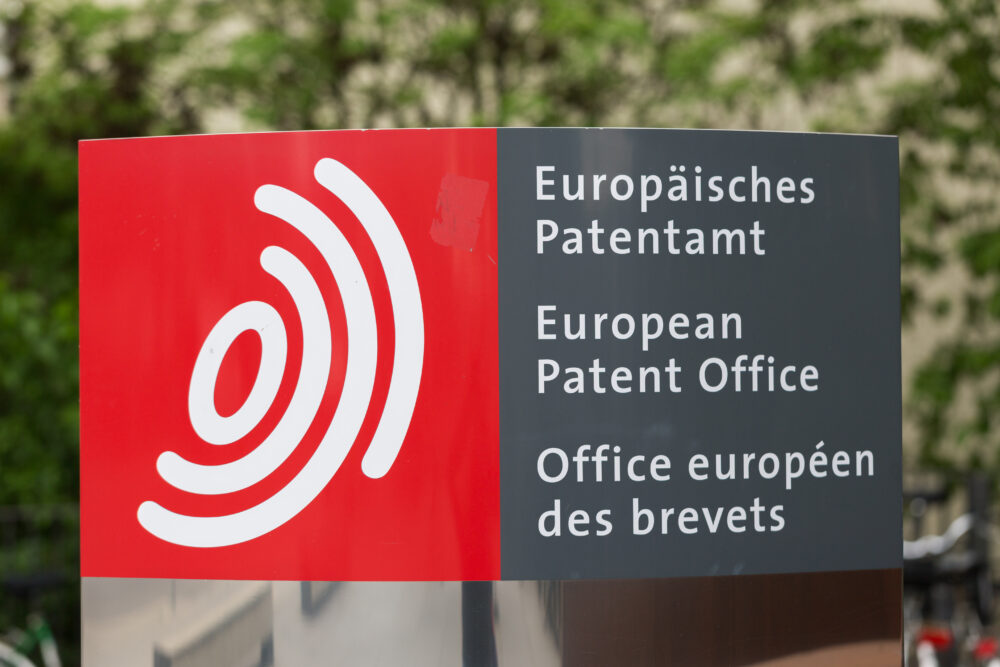The Unitary Patent (UP) and the Unified Patent Court (UPC) should come into force soon. The exact date is not certain, but should be end 2022 or early 2023.
The Unitary Patent (UP) is a unique IP title which will allow for a protection in several member states of the European Union, with common validation and maintenance conditions. It should come into force soon. Although the exact date is uncertain, it should be in last quarter of 2022 or early 2023.
The Unified Patent Court (UPC) is an international court created by member states of the European Union to hear cases of infringement and validity of unitary patents and European patents. The decisions of the UPC will be applicable in all member states that have ratified the Agreement on a Unified Patent Court.
The Unitary Patent
As you may remember, the current European patent system requires, once the European patent has been issued by the European Patent Office, to carry out a validation step in each of the member states of the European Patent Convention of interest (which may include, depending on the country, a partial or total translation of the patent and the appointment of local representatives) and to pay annuities for each of them. This can be expensive, depending on the number of pages and the number of validation states chosen.
Once the unitary patent is in force, the unitary patent system and the European patent system will coexist. Indeed, the unitary patent will not cover all the States of a European patent. When the unitary patent is launched, it will provide protection in the following member states only: Germany, Austria, Belgium, Bulgaria, Denmark, Estonia, Finland, France, Italy, Latvia, Lithuania, Luxembourg, Malta, the Netherlands, Portugal, Slovenia and Sweden.
Other countries could join at a later date. Conversely, several countries, such as the United Kingdom and Switzerland, which are not members of the European Union, will never participate in the unitary patent.
It will therefore be possible to obtain a unitary patent, a European patent or both.
How to apply for a unitary patent?
Once the European patent has been granted, a request for unitary effect must be submitted before the European Patent Office.
The only condition is for the sets of granted claims to be identical for all the participating Member States.
The deadline for requesting this unitary effect will be one month, not extendable. During a transitional period, a complete translation of the European patent into another language of the European Union must be provided within this one-month period, for information purpose only.
No fee will be required.
The request for unitary effect will be registered in the register of unitary protection which will be kept by the European Patent Office. It will indicate the list of member states of the European Union in which the unitary patent will take effect.
At the same time, the actions necessary for the validation of the European patent in the other Member States of interest, for example Spain or the United Kingdom, must be carried out, within the “standard” validation period of three months.
Main advantages and disadvantages of the unitary patent
The main advantage of the unitary patent is a cost reduction. The unitary patent will make it possible to obtain protection in a large number of member states of the European Union while reducing the costs of translation and annual fees. Indeed, a single translation will be required and the patent will be maintained by paying one centralized annual fee.
The main disadvantage of the unitary patent is the exclusive jurisdiction of the Unified Patent Court (UPC), which will be the only competent court for disputes involving a unitary patent. It will not be possible to bring the dispute before a national court. Also, should the UPC find the unitary patent invalid, the patent will be declared invalid in all the member states of the European Union covered by the unitary patent.
Transitional measures
The unitary patent will enter into force 3 or 4 months after the completion of the final formalities by Germany. Two transitional measures will facilitate access to the unitary patent during this period of 3 or 4 months.
The first measure makes it possible to delay the grant of a European patent until after the date of entry into force of the unitary patent. A request must be made within the time limit for replying to the notice of allowance (notification under Rule 71(3) EPC).
The second measure makes it possible to request the unitary effect by anticipation. The European Patent Office will then notify the unitary effect very soon after the grant of the European patent and after the unitary patent has come into force.
In practice
In preparation of the unitary patent, postponing the grant of a patent may thus be desirable.
The Unified Patent Court
The objectives of the UPC are to enable centralized actions for patent litigation in Europe, in order to strengthen legal certainty in terms of infringement and validity of patents, and to reduce the costs associated with these litigations.
The jurisdiction of the UPC
The UPC will have exclusive jurisdiction for all actions relating to the exploitation and validity of European patent applications, as well as European patents and patents with unitary effect. In particular, the UPC will be competent for actions of infringement or threatened infringement of patents or supplementary protection certificates (SPC), declaratory actions of non-infringement, actions aimed at obtaining interim measures, protective measures or injunctions, actions for nullity and counterclaims for nullity.
Opting-out
Opting-out from the jurisdiction of the UPC will be possible during a transitional period of at least 7 years, but only for European patents or patent applications. Opting-out will NOT be possible for Unitary patents and SPCs based on a Unitary patent.
Opting-out may be requested as long as no action has already been initiated before the UPC, from the publication of a European patent application and up to five years after the expiry of the patent.
Such waiver for a European patent will automatically extend to any SPC based on that European patent. Conversely, a waiver for an SPC will not be possible, unless the same is also requested for the European patent on which the SPC is based.
The derogation will last for the entire duration of the patent.
Noteworthy, it will be possible to later waive the derogation. In this case, the patent, the patent application or the SPC will permanently fall back within the jurisdiction of the UPC.
If a derogation is required for a patent application which, when granted, is validated to obtain a unitary patent, then the derogation will be deemed to be abandoned on the date of registration of the unitary effect.
The procedure for opting-out
The request for opting-out must be declared in the UPC register. No fee is required.
The Declaration will be registered in the UPC register and will take effect from its registration.
Only the owner, or the co-owners in an unanimous manner, may request this derogation. Licensees, even exclusive licensees, are NOT entitled to do so.
The Declaration must be submitted by the actual owners, who are not always the owners on record at the EPO or on the registers of the national offices.
Identifying the actual owners thus becomes an important issue. An incorrect Declaration, even when registered in the UPC Register, will have no effect, meaning that the UPC will then have full jurisdiction.
A “sunrise” period
An action against a patent or a patent application may be brought before the UPC from the first day of its entry into force. Before that date, a so-called “sunrise” period will allow a patent owner to opt-out from the UPC jurisdiction, by submitting a Declaration in the UPC register (see above). This period should be three months before the entry into force of the UPC.
Review of your patent portfolio
We strongly recommend to review your portfolio of European patents and patent applications in good time before the entry into force of the UPC, in order to set up a list of patents and applications for which you may wish to opt-out from the jurisdiction of the UPC.
Please reach out us to evaluate the pros and cons and adjust your strategy to your patent portfolio.





